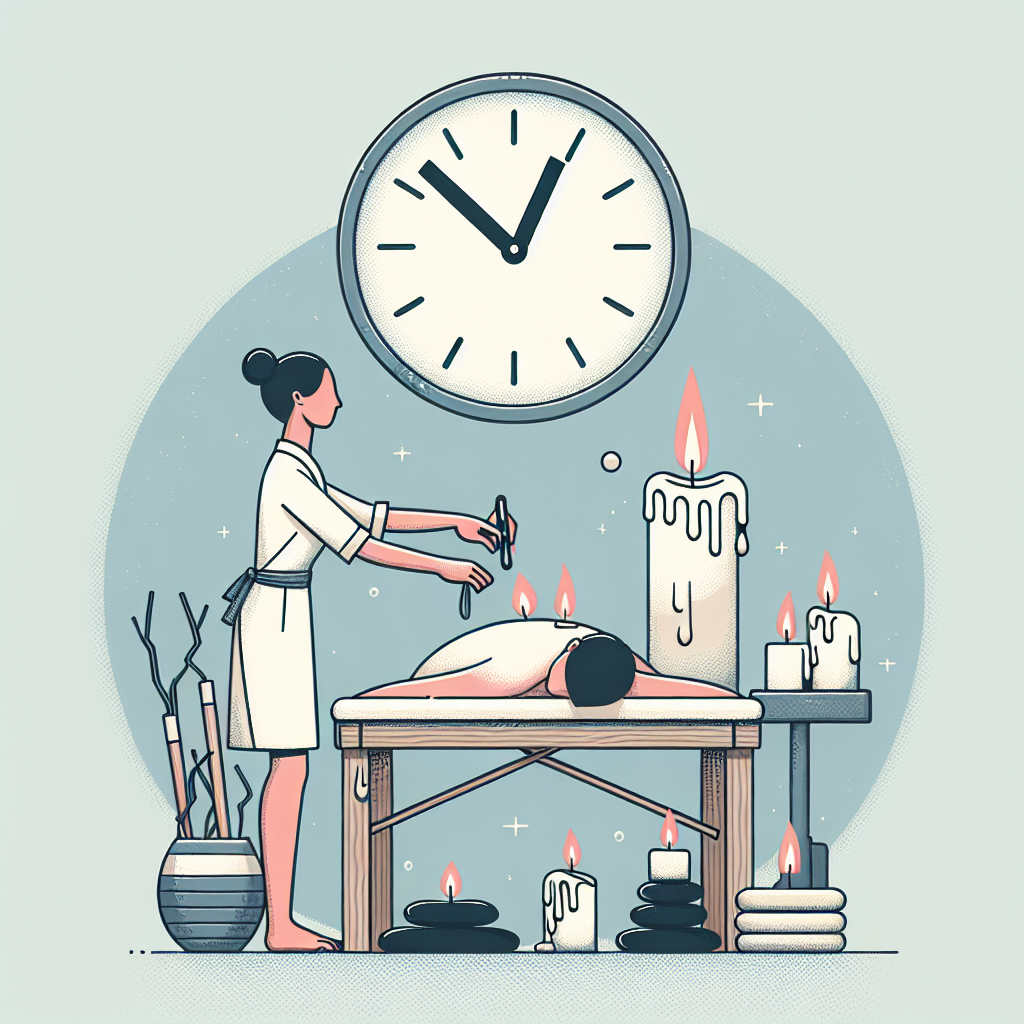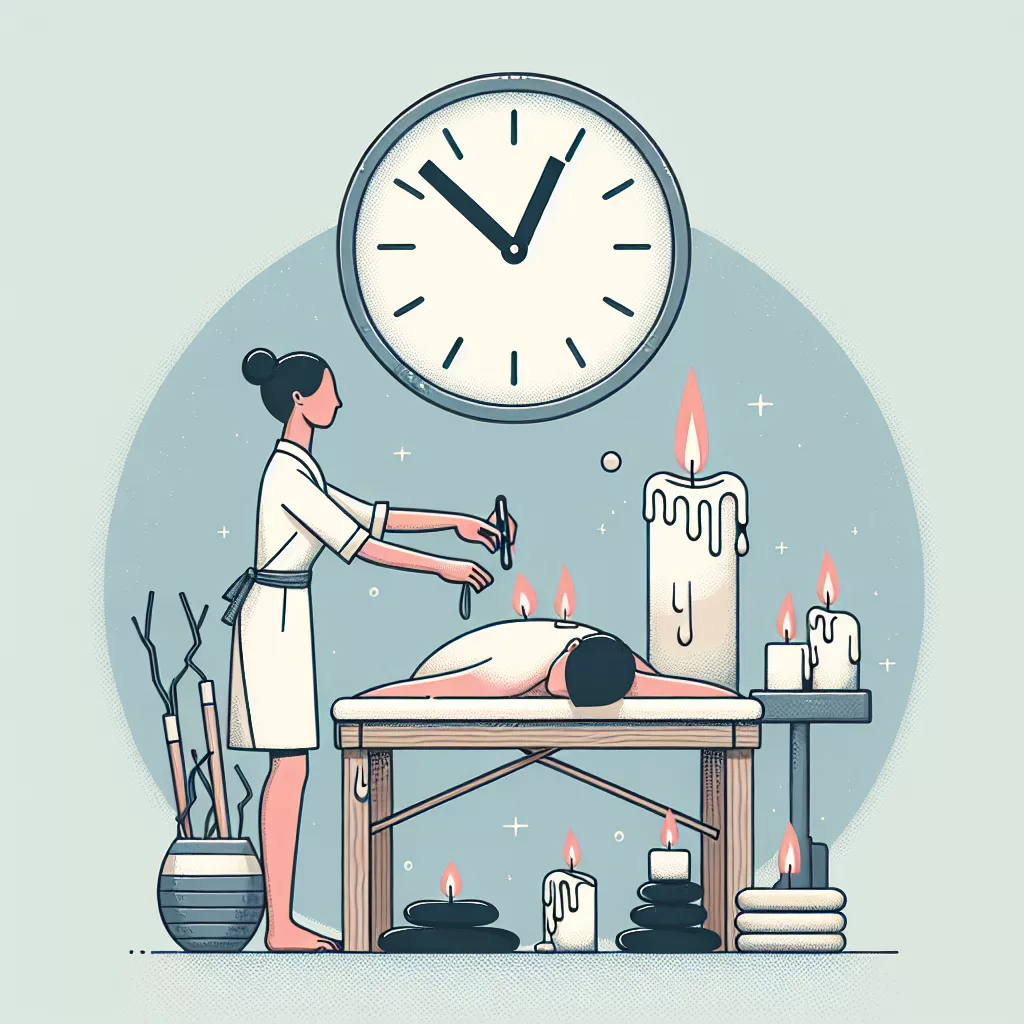As a Spa Therapist, the tranquil facade often masks a high burnout risk due to physical demands, emotional labor, and inconsistent hours.

- High emotional labor with clients.
- Repetitive physical tasks strain the body.
- Long working hours lead to fatigue.
- High expectations from clients.
- Low control over job demands.
- Lack of career advancement opportunities.
- Insufficient breaks between sessions.
The data indicates that career burnout among spa therapists is generally categorized as mild.
Reasons Spa Therapists burnout
According to the science to date there are key reasons people burnout at work. Here’s our top reasons why Spa Therapist in the Healthcare category has a burnout risk of Mild:
Your role as a spa therapist can be both rewarding and challenging. Here are some objective reasons why burnout might occur in this profession:
Physical Demand: Spa therapy involves significant physical exertion. Repeatedly performing massages and treatments can lead to physical fatigue and musculoskeletal issues. Over time, this can contribute to burnout if not properly managed.
Emotional Strain: You often deal with clients seeking relief from stress or personal issues. This emotional labor can become taxing, especially when compounded by clients who are difficult or unrewarding, leading to emotional exhaustion.
High Client Turnover: Many spa therapists face a high volume of clients daily. This constant cycle requires you to frequently adapt and manage different expectations, which can be mentally draining.
Work Environment: The spa industry commonly demands irregular hours and includes weekends or holidays. Such schedules can interfere with your personal life, making it hard to maintain a work-life balance.
Monotony: Although spa therapy can be fulfilling, the repetitive nature of tasks might lead to boredom over time. Lack of variety in daily routines can diminish enthusiasm and job satisfaction.
Lack of Career Progression: Opportunities for advancement in this field may be limited, making it challenging for you to feel motivated or see a long-term path within your role.
Recognizing these elements can help foster a healthier work environment and mitigate potential burnout.
Burnout rate data for Spa Therapist/Healthcare
Burnout among healthcare professionals, including spa therapists, has been a growing concern. While specific data on spa therapists is limited, there is substantial research on burnout in the broader healthcare sector. Studies have shown that healthcare workers face high levels of stress due to demanding work environments and high patient expectations.
Burnout can lead to emotional exhaustion, depersonalization, and reduced personal accomplishment, significantly impacting job performance and personal well-being. For reliable data and insights, you may refer to sources like the World Health Organization (WHO) and recent studies published in medical journals.
One noteworthy publication from WHO reviews occupational burnout, providing a detailed overview of its causes and impacts (https://www.who.int/news/item/28-05-2019-burn-out-an-occupational-phenomenon-international-classification-of-diseases). Another useful source is the research article available on PubMed, which addresses stress dimensions across various healthcare roles (https://pubmed.ncbi.nlm.nih.gov).
Do you have experience of Burnout as a Spa Therapist or in Healthcare?
Share your story about Spa Therapist burnout on our share your story page.
Burnout in Healthcare
Career Burnout Rates > Burnout in Healthcare > Spa Therapist Burnout


